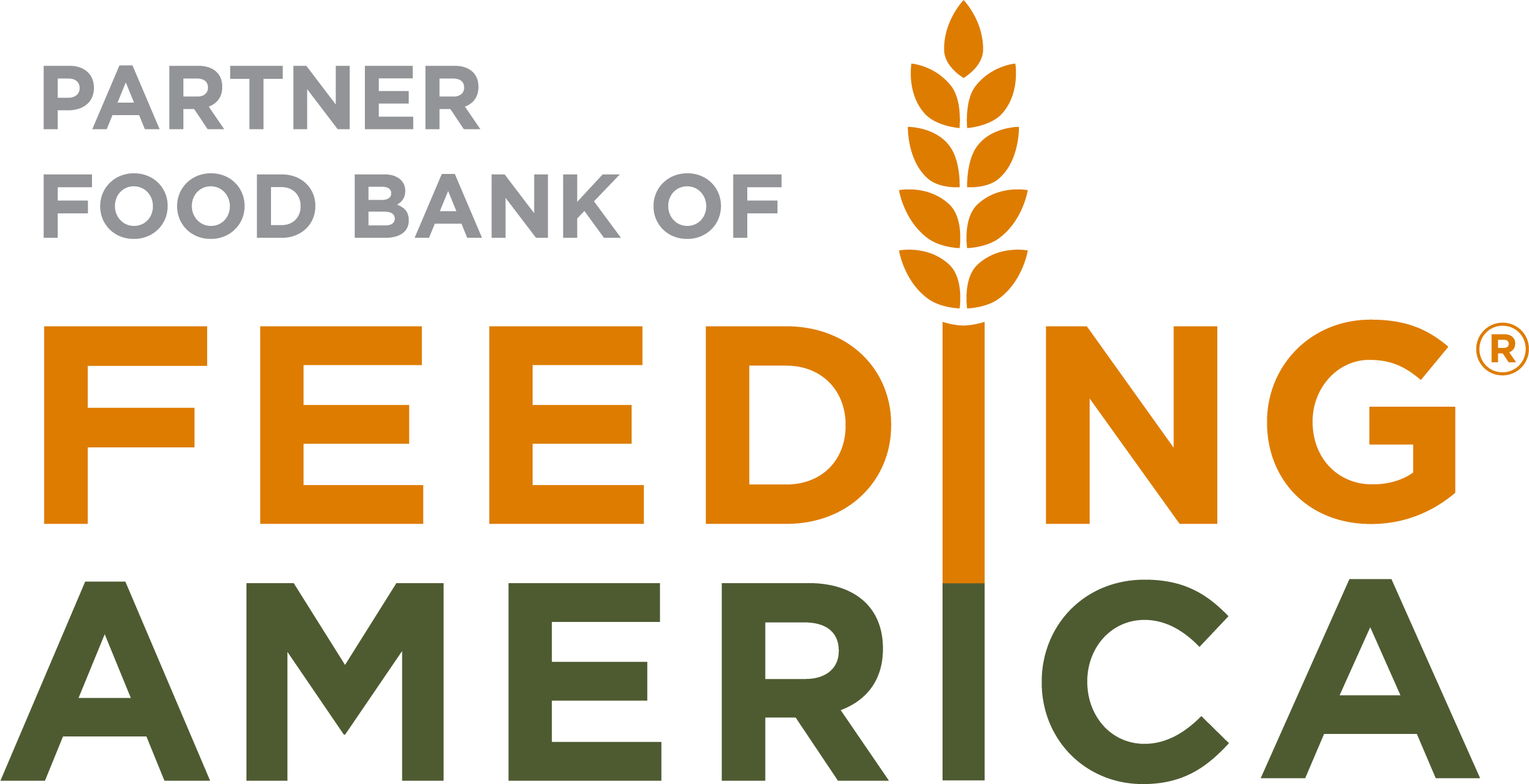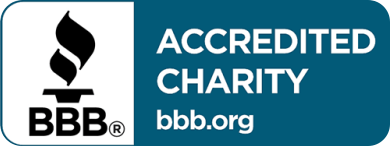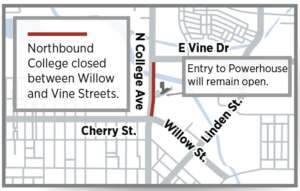Advocacy is the public support for or recommendation of a cause or policy, and it can take many forms. Hunger is a community issue. The hard news is that millions of Americans are hungry because of circumstances that—at least in part—are a result of policy. The good news is that if communities and governments can create systems that contribute to food insecurity, we can also create systems and policies that decrease food insecurity.
Hunger is a bipartisan concern. According to the Food Research & Action Center, 86% of Americans agree no one should go hungry. Further, 71% feel the federal government is responsible for dealing with the problem. Public sentiment is on our side; we just need to put it into action.
Fighting food insecurity involves using a combination of economic and political solutions. This includes strengthening social safety net programs such as the Supplemental Nutrition Assistance Program (SNAP) and the National School Lunch and Breakfast Programs. It will also, according to the Food Research & Action Center, require creating jobs, raising wages, and improving income support for struggling families, among other strategies.
This includes advocating for the strengthening of social safety net programs like SNAP and TEFAP in the next Farm Bill installation. The Farm Bill is the nation’s premiere piece of federal nutrition and agricultural legislation and is a key piece in addressing rising food insecurity across the nation.
To illustrate just how important governmental policy is, consider this: Only one in 20 bags of food assistance comes from a food bank, soup kitchen, or local housing shelter. Federal nutrition programs provide the rest. Just a 10% reduction in SNAP benefits would be the equivalent of eliminating all private food donations in the country (source).
In other words, while it remains as important as ever to host a food drive, it’s also necessary to publicly support – to advocate for – the policies that will address the root causes of hunger and poverty, such as an inadequate social safety net, unemployment, substandard education, income inequality, the wealth gap, food access, lack of affordable housing, and insufficient health care.
What You Can Do
Encourage your family & friends to get involved
- Odds are you already have several potential allies in your immediate network. Learn about the issues and then share that information with your friends and family. Try starting a conversation on social media or sharing links about hunger in Larimer County with people you know.
- Once your family & friends understand the urgency of the problem, perhaps you can work together to organize a food drive in your community, hold a fundraiser to support our programs, or volunteer together.
Contact your elected officials
- Communicating with your elected officials is the most effective action you can take as an advocate for any issue. We need to express our support for policies that will alleviate hunger and to voice our dissent when necessary. Over and over, studies show being contacted by constituents increases the probability of supporting the relevant legislation by about 12 percentage points.
- Use this resource to find contact information for your elected officials on both the local, state, and national level. Let them know that you are a constituent who is concerned about hunger and food waste and wish to speak to someone regarding these issues.
- Writing letters, emails, and tagging officials on social media is another powerful tool for communicating directly with elected officials.
Attend Town Hall/City Council Meetings
- Hunger and poverty are massive national problems, and, when faced with the facts, it can appear overwhelming to the average community member to find ways to help that fit into their daily lives. The best way to make an impact in your own community are often the smallest efforts.
- Town Hall meetings are wonderful opportunities to have face-to-face conversations with elected officials about the issues that matter to you and are a great way to familiarize yourself with broader concerns in your local community. Town hall meetings stem from a deep-rooted American tradition in which elected officials and other government representatives can communicate with their constituents about pressing community issues and policy processes.
How to Stay Informed
- Check your local news sources for announcements; fliers may also be posted on bulletin boards in your local post office or city hall.
- Visit the website of your elected representatives and consider signing up for their newsletters. They often send emails to keep their constituents apprised of their upcoming appearances.
- Follow your elected officials on social media. Upcoming meetings, listening sessions, and appearances are almost always announced on social media, as well the events section of their website.
- Call the offices of your elected officials. Staffers will be happy to share relevant information with you as well as the elected official’s preferred way to be contacted.
We Need YOU
The Food Bank for Larimer County and our partner agencies are on the front lines of hunger when it comes to food security advocacy. We hear the stories. We understand the struggles. And we are committed to finding solutions. We want state and federal lawmakers to understand the issues facing the people we serve, and how they can help. Because our voices are stronger together, we coordinate our advocacy and public policy work through Feeding Colorado, the state association of the five Feeding America food banks serving all of Colorado and Wyoming.
Visit our website to learn more about the policy and advocacy priorities related to food security and get involved!








